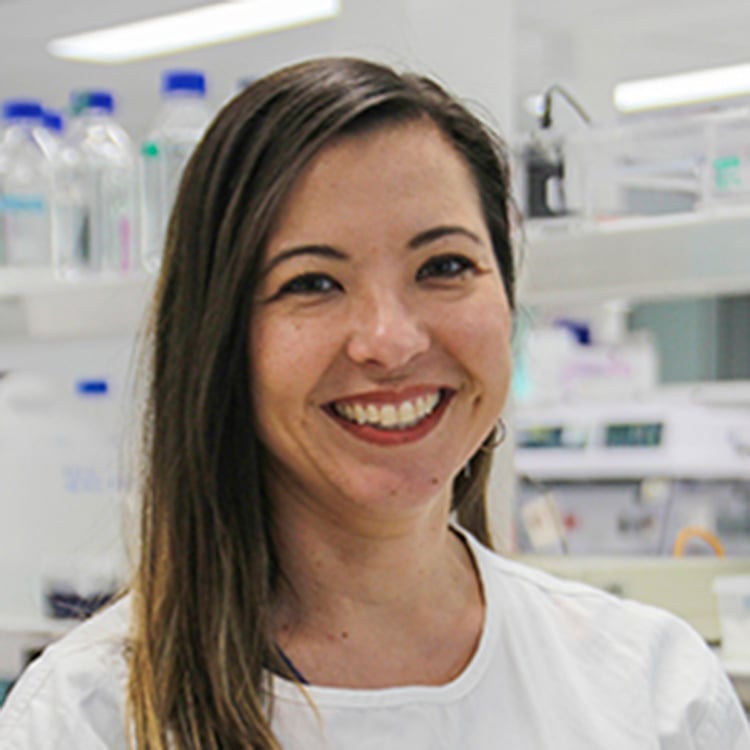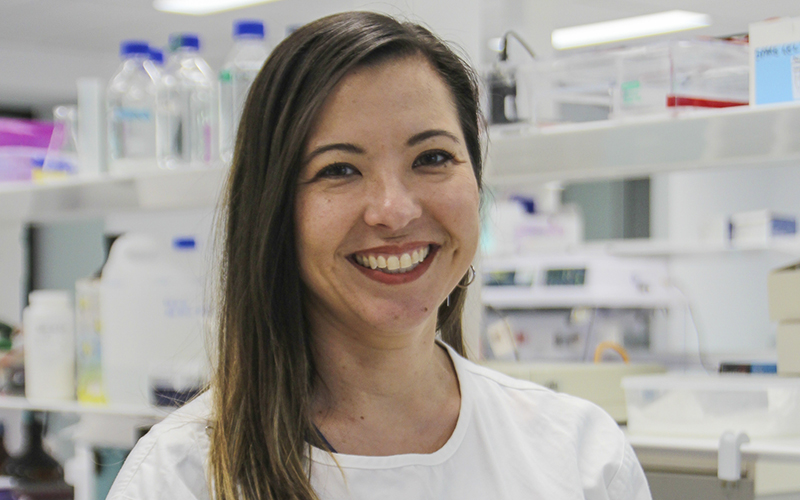Search
Research
Novel peptide-based drugs for the treatment of sonic hedgehog-dependent medulloblastomaMedulloblastoma, the most common pediatric malignant brain tumor, consists of at least four distinct molecular subgroups.
Research
Chemotherapy increases amenability of surgical resection in congenital glioblastomaBrain tumors presenting in infancy, especially during the first 6 months of life.


News & Events
Cancer Council WA supports development of less toxic treatments for childhood brain cancerThe Kids Research Institute Australia researcher, Dr Raelene Endersby, will work to develop less toxic treatments for children with brain cancer, thanks to support from Cancer Council WA.
Research
Determining risk features for medulloblastoma in the molecular eraNick Gottardo MBChB FRACP PhD Head of Paediatric and Adolescent Oncology and Haematology, Perth Children’s Hospital; Co-head, Brain Tumour Research
Research
National brain tumour registry: a new era of research collaboration with ChinaCancer continues to be a leading cause of death globally. However, there remains a significant disparity in the reported incidence of cancer in developed countries, estimated to be 295.3 cases per 100,000 people, compared with only 115.7 in developing countries. Some of the reasons for this variation include lack of robust data collection with limited reporting systems, and insufficient data availability in the registries of these developing nations.
Research
Activation of Hedgehog signaling by the oncogenic RELA fusion reveals a primary cilia-dependent vulnerability in supratentorial ependymomaSupratentorial RELA fusion (ST-RELA) ependymomas (EPNs) are resistant tumors without an approved chemotherapeutic treatment. Unfortunately, the molecular mechanisms that lead to chemoresistance traits of ST-RELA remain elusive. The aim of this study was to assess RELA fusion-dependent signaling modules, specifically the role of the Hedgehog (Hh) pathway as a novel targetable vulnerability in ST-RELA.
Research
Increased Body Mass Index during Therapy for Childhood Acute Lymphoblastic Leukemia: A Significant and Underestimated ComplicationWe undertook a retrospective review of children diagnosed with acute lymphoblastic leukemia (ALL) and treated with modern COG protocols to determine...
Research
Folate pathway gene polymorphisms and risk of childhood brain tumors: Results from an Australian case-control studyRecent research suggests that maternal folic acid supplementation is associated with a reduced risk of childhood brain tumors (CBT); polymorphisms in folate...
Research
Novel oncogenic PDGFRA mutations in pediatric high-grade gliomasThe outcome for children with high-grade gliomas (HGG) remains dismal, with a 2-year survival rate of only 10% to 30%.
